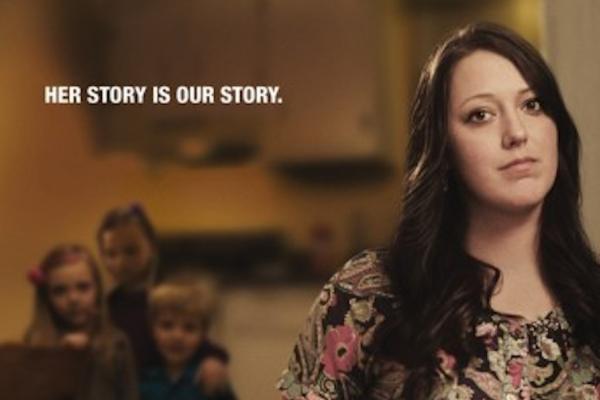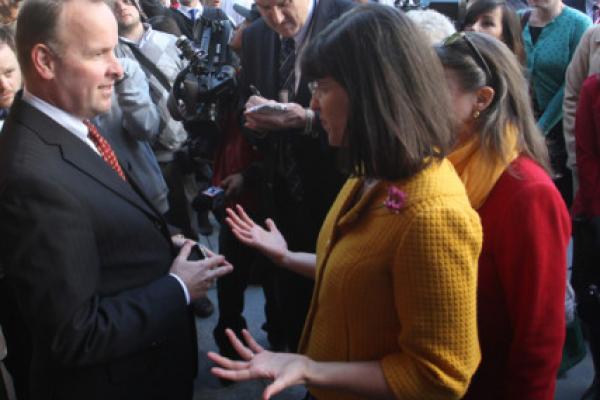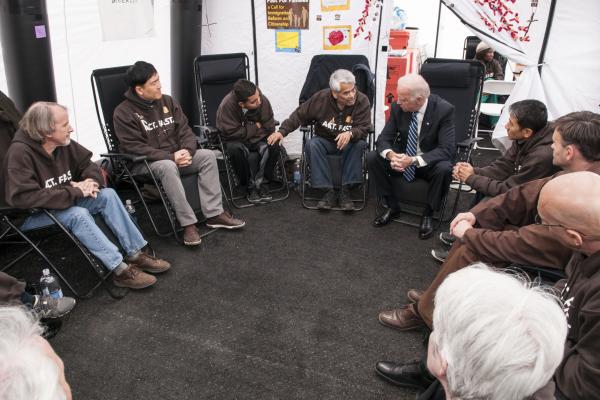While Angry Birds has produced a massive monetary windfall over the past few years, the game has endured a significant level of controversy, especially in recent months. In January it was revealed that Angry Birds was a “leaky application,” as it was used by the National Security Agency and Government Communications Headquarters to collect private data about its users, such as residential location and sexual orientation. According to numerous online and print media investigative publications, the private user information of Angry Birds users was leaked through the application itself and collected by government authorities and private retailers for detailed analysis (under the stated purpose of research and national security). In the midst of it all, the incriminating evidence revealed that Angry Birds was a massive privacy hazard, as the Rovio Entertainment application allows the intimate details of its user identities to be stolen and even sold.
Editor's Note: This post is an excerpt from the report "Peering Under Our Collective Burqa: How Do Our Own Religious 'Personal Status' Codes Cover and Diminish the Full Humanity of Women?" Read the full piece HERE.
March 8 came and went, the 39th observation of International Women's Day, a day set aside to collectively take stock of how the world’s women are doing. The theme for this year — Equality for women is progress for all — captures the spirit of this day to invite and remind us all that the better world we want to create for girls and women is indeed a better world for us all. This blog asks people of faith to hold a mirror up to ourselves to ask if we are in fact part of this “us.”
By nature an optimist, I do enjoy this day set aside to celebrate women’s accomplishments. Everywhere, women are bravely rising up above patriarchal customs and cruel forms of highly prevalent violence to “lean in” to their own economic and social and spiritual empowerment. There is indeed incredible momentum afoot in our world in so many sectors of society to really mainstream women's equality/gender balance not just as a "women's issue" per se but rather as a shared human concern, i.e., what is good for girls/women is also good for global development, good for society, good for relationships, good for families, good for healthy teams, good for organizational dynamics and even good for the "bottom line" of business.
Yet every year for the past few years as International Women’s Day rolls around, I feel a strange mix of both hope and despair as I hold the gender contradictions of our world close to my heart. Don’t be such a pessimist, I tell myself; be positive! Yet I cannot shake a refrain I have heard again and again from women’s human rights activists working around the world: “Here in our country, we have a decent legal code for women; however, in recent years we have experienced a backlash that is threatening to undo many of the strides that women have made.” However you fall on the optimist/pessimist scale, it is safe to say that women’s place in the world is still highly tenuous.
“There is no room for hate in love.” – A wise girlfriend once told me to remember that.
Let it land.
Soak it in.
She’s right. But, I would add another line: “There is also no room for judgment and shame in love.”
I just made a film, Paycheck to Paycheck, about an inspiring and courageous woman named Katrina Gilbert. It’s the kind of film that I believe will stay with you long after you see it.
Editor's Note: Fred Phelps, founder of Westboro Baptist Church — best known for anti-gay demonstrations that include picketing soldiers' funerals — is reportedly near death. The following is offered as a prayer.
Good and gracious God,
We lift up a prayer
for the misguided –
for those who hate
and belittle
and abuse
in your name.
For those
who wish to see
the hate go on,
the anger be fed,
the world continue
on its unsustainable path
of division and judgement.
Some day soon, pop music will start wafting through the urban canyons where I live.
Styles will collide, and they certainly will drown out spring birds. But no matter. The longest winter on record — or at least the longest since last year — will have ended, and the city can breathe its annual sigh of relief.
We did it. We survived the snow and bitter cold. We survived urban indignities like skyrocketing rents and public servants who care little for the public or for serving. We survived snow days when families who depend on public schools not only for education but also for day care and basic nutrition found themselves trapped, and entitled folks complained when schools were kept open after snow to serve those basic human needs.
For me, joy in the everyday begins with food. If I can take time to make food and drink holy, if I make my table a place of family and community, a place of health and wellness, a place of good choices that sustain creation, I am grounded. Food is the place where I began my journey towards social justice, as a self-righteous young vegetarian who lusted after meat.
Food is the thing we all have in common, and with it, Jesus set forth the Eucharist. Is that enough for you to believe food is important?
Do you ever wonder why Paul spends so much time advising his churches on food and dinner manners? It's because the Eucharist was a wine-and-bread-leavened feast that intentionally leveled the strict hierarchy of Roman society. This enables Paul to confidently state, "There is no longer Jew or Greek, there is no longer slave or free, there is no longer male and female; for all of you are one in Christ Jesus."
Mormon women seeking tickets to the faith’s general priesthood session next month will not only be denied access to that all-male meeting, but also may be shut out of Salt Lake City’s historic Temple Square altogether.
LDS officials also are barring news media cameras from the square during their two-day General Conference, which the church says is “consistent with long-standing policy.”
Today marks Korean-American Christian missionary Kenneth Bae’s 500th day in a North Korean prison. Bae was arrested in November 2012 while leading a tourist group. State-run media reported that he was convicted of attempting to lead a religious anti-North Korean religious coup. He has been sentenced to 15 years of hard labor. Bae is a reminder to all of us that Korea remains divided. Brothers and sisters are separated and friends are divided between the 38th parallel.
I was born in Seoul, South Korea. My mother and father were children during the Korean War, and my mother told me a few stories of how they had to flee during the war. She was a young child, one of eight. My grandmother would gather the children and walk for miles and miles making their way down into southern Korea. As they were fleeing one day, a bullet went through my grandmother’s thigh and created permanent damage to her leg. As a young child, I thought it was a wonderful war story of heroism and courage. I didn’t realize then the agony, fear, and suffering that my parents or my grandparents went through to keep safe and keep alive.
As the Korean War lingered on, it ended with the division of Korea at the 38th parallel. That division is a stark reminder of how a beautiful, lovely country can be filled with pain, sorrow, animosity, and suffering. The 38th parallel has kept family members and loved ones apart for almost 60 years. Many divided families are unable to reunite or unable to know if their relatives are still living and doing well. The heartbreak of living apart in their own country has brought lots of anger, tension, loss, and suffering.
In Korea, people have a term for such suffering: han. Han is a difficult word to translate into the English language. The best way to do so may be through ‘unjust suffering’ or ‘piercing of the heart.’
I became a member of Young Koreans United (YKU), a Korean American grassroots group providing solidarity to the people’s movement for democracy, human rights, and reunification of Korea in 1986. YKU was instrumental in forming the National Korean American Service & Education Consortium (NAKASEC); established 20 years ago to build a progressive Korean American voice on major civil rights issues. I joined the NAKASEC board a few years back. Throughout this time, I have tried to provide a clergy presence whenever I can to show that ending the suffering of immigrant families, including that of the 1 out of 7 undocumented Korean Americans, is also a concern of persons of faith.






![By U.S. Department of State from United States [Public domain], via Wikimedia Commons By U.S. Department of State from U.S., via Wikimedia Commons](https://sojo.net/files/styles/large_rectangle_crop/public/blog/Secretary_Kerry_Meets_With_the_Family_of_Kenneth_Bae_%2812194118966%29%20%281%29.jpg)
